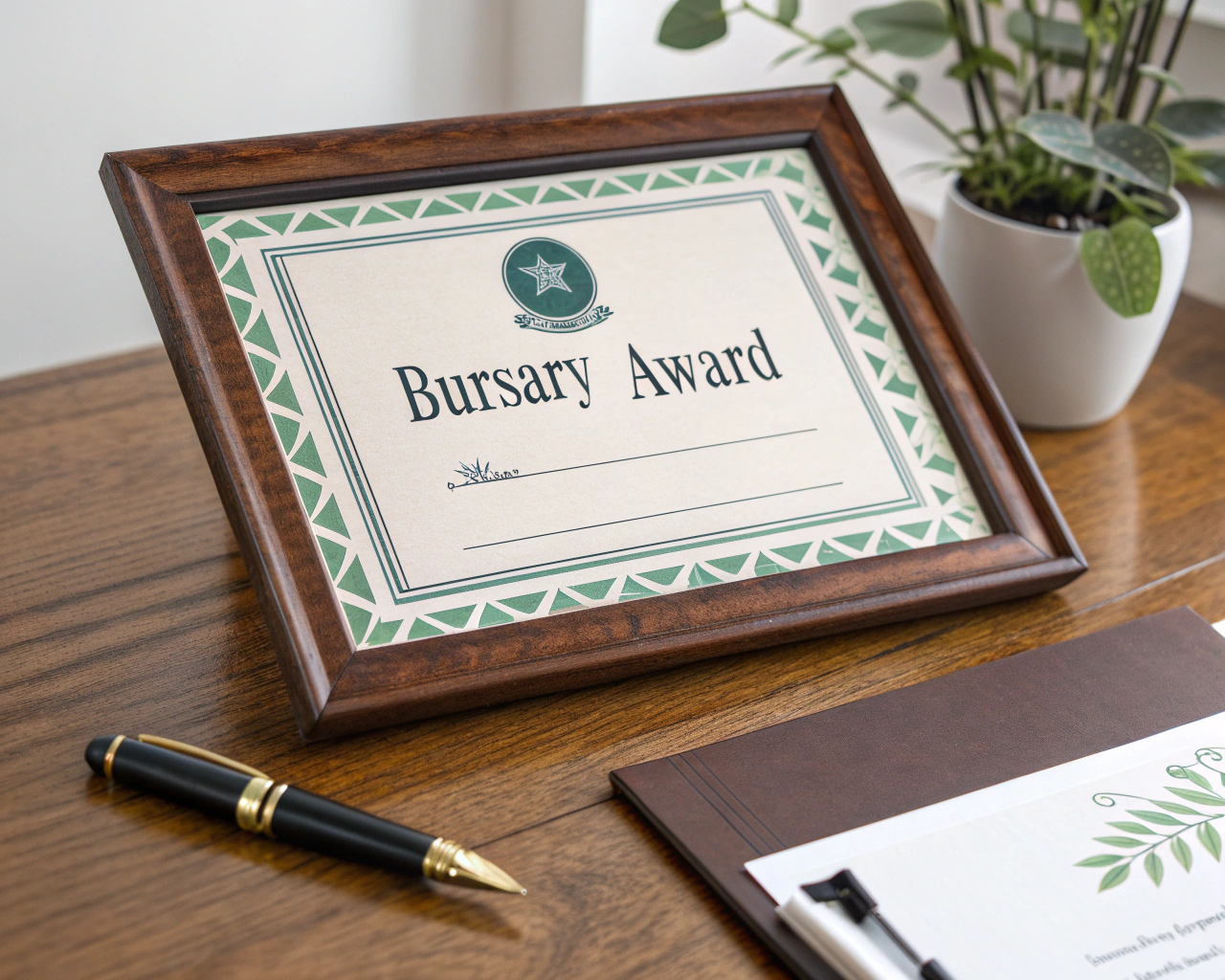Let’s be real — applying for a bursary can be stressful. You’re not just filling out forms; you’re trying to prove that you’re worth investing in. That’s where a motivational letter for a bursary comes in. This short piece of writing can be the key to unlocking your academic dreams.
So, how do you write a motivational letter for a bursary? Let’s break it down step-by-step and get you closer to that financial support you deserve.
Understanding the Purpose of the Letter
Defining Your Motivation
At its core, a motivational letter is about purpose. What drives your passion for your chosen field of study? In what ways will this bursary support your educational journey? What makes you the ideal candidate for their support?
Explaining Financial Need Without Sounding Desperate
It’s okay to talk about financial hardship, but balance it. Don’t just say, “I’m poor.” Instead, explain how funding will directly impact your studies and future. Show you’re serious, not seeking sympathy.
Demonstrating Commitment to Education
Your letter should scream dedication. Whether you’ve overcome obstacles or excelled in your classes, make your passion for learning obvious.
Preparation Before Writing
Researching the Bursary Provider
You wouldn’t go into an interview without knowing the company, right? Same here. Know who you’re writing to. What are their values? What kind of students do they support?
Understanding Eligibility Requirements
Make sure you fit the bill. If they want someone studying engineering, and you’re in graphic design, it’s not a match. Tailor your motivational letter for a bursary to what they’re looking for.
Collecting Personal and Academic Achievements
Jot down your accomplishments before you write. Think awards, GPA, leadership roles, volunteer work — anything that shows you’re a star in the making.
Structure of a Motivational Letter
Formal Letter Format
Keep it professional. Your letter should have:
- A header with your name and contact
- Date
- Bursary provider’s info
- Greeting (Dear Selection Committee…)
Word Count and Tone
Aim for 400–600 words. That’s long enough to show depth but short enough to stay engaging. Use a respectful, yet friendly tone.
Using Clear and Concise Language
Don’t try to sound like Shakespeare. Be yourself. Use active voice, avoid jargon, and stick to the point.
Writing the Introduction
Brief Personal Introduction
Start with who you are — name, what you’re studying, and where.
Mentioning the Bursary You’re Applying For
Call it out clearly: “I am applying for the [Name] Bursary.”
Hooking the Reader With Purpose
Set the tone. Maybe share a personal moment that inspired your studies or a goal you’re chasing.
Crafting the Body Paragraphs
Academic Background and Goals
Talk about your academic achievements and what you’re aiming for. Let them see your ambition.
Financial Circumstances and Need
Explain your situation respectfully. Maybe you’re the first in your family to attend college, or maybe you’re working part-time to cover rent.
Extracurriculars and Community Involvement
Mention clubs, volunteering, or sports. Show you’re well-rounded and a future leader.
Career Ambitions and How the Bursary Helps
Connect the dots. How will this bursary help you become a doctor, teacher, or engineer? Be specific.
Writing a Strong Conclusion
Reaffirm Your Interest
Restate your desire to receive the bursary and how much it would mean.
Thank the Committee
A little gratitude goes a long way. Thank them for considering your application.
End With a Call to Action
Invite them to contact you for more information or express your hope for a positive response.
Do’s and Don’ts
Things to Always Include
- Specific reasons for applying
- How the bursary aligns with your goals
- Academic and personal achievements
- A confident, respectful tone
Common Mistakes to Avoid
- Being too vague
- Using a generic letter for every application
- Sounding entitled or begging
- Grammatical errors
Polishing Your Letter
Proofreading and Editing
Typos can kill your chances. Read your letter out loud. Use grammar checkers like Grammarly.
Getting Feedback from a Mentor
Before you hit send, let a teacher, counselor, or friend give it a look. They might catch something you missed.
Sample motivational letter for a bursary
[Your Name]
[Your Address]
[City, State, ZIP Code]
[Email Address]
[Phone Number]
[Date]
Bursary Committee
[Institution Name]
[Institution Address]
Dear Bursary Committee,
My name is [Your Name], a [Your Grade/Year] student at [Your Institution] pursuing a degree in [Your Program]. I am writing to express my sincere interest in the [Bursary Name] bursary.
Coming from [briefly describe your background], I have always held education as a key to breaking barriers and creating a better future. Despite financial challenges, I have consistently maintained a strong academic record, participated in [mention extracurriculars], and worked part-time to support my studies.
Receiving this bursary would not only ease the financial burden but allow me to focus entirely on my goal of becoming a [Career Goal], contributing meaningfully to my community and beyond.
Thank you for considering my application. I hope to positively represent the values of your bursary program.
Sincerely,
[Your Name]
Final Tips for Success
Be Honest, Not Dramatic
You don’t need to exaggerate your struggles. Authenticity builds trust.
Be Confident, Not Arrogant
Highlight your strengths with humility. Show you’re worthy, not braggy.
Writing a motivational letter for a bursary is your moment to shine on paper. It’s not about being perfect; it’s about being real, driven, and grateful. With the right mix of structure, sincerity, and storytelling, your words can open doors to opportunity and make your educational journey a little lighter on the wallet.
FAQs
1. What is the ideal length of a motivational letter?
400 to 600 words is the sweet spot — long enough to be meaningful, short enough to stay engaging.
2. Should I mention my grades?
Yes, especially if they’re strong. But even if they aren’t perfect, frame them in a positive light.
3. Can I reuse the same letter for multiple bursaries?
Not exactly. You can use a base template, but always tailor each letter to the specific bursary provider.
4. How do I make my letter stand out?
Be personal. Tell your story. Avoid clichés. Show genuine passion and purpose.
5. Is it okay to get help writing my letter?
Absolutely! Just make sure the final version reflects your voice and story.
You’ll also like :

